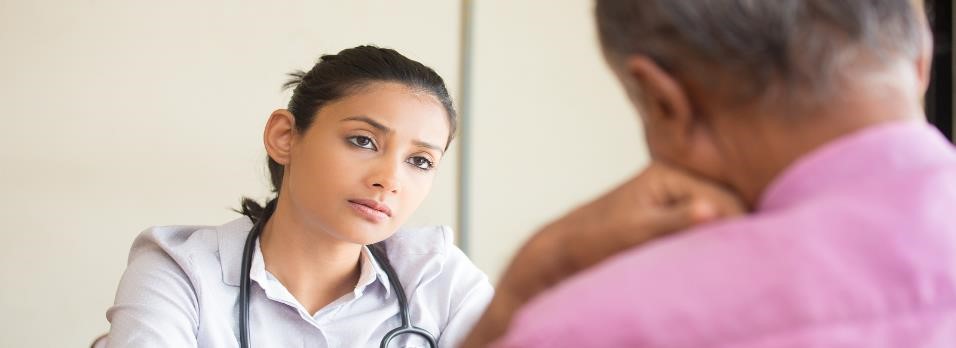Research Team: Lacey VanEvery (MPH candidate, McMaster University) working with the host agency the Canadian Indigenous Nursing Association (CINA)
What is this project about?
This project looked at the role of nurses in better supporting Indigenous people living with HIV – particularly around mental health and psycho-social issues. It had three key elements:
- To explore published medical research and summarize what has already been learned about how Indigenous people cope with a diagnosis of HIV and the strategies that might be used to support wellness
- To implement a survey with nursing schools in Ontario to determine what nurses are currently learning about mental health and psych-osocial issues relevant to being diagnosed with and living with HIV
- To look specifically at the Indigenist Stress-Coping Model created by Indigenous scholar Karina Walters and her colleagues and how it might apply to understanding the needs of people diagnosed with HIV and the way nurses are taught about these challenges
This project was conducted by Lacy VanEvery a student currently completing a Masters in Public Health at McMaster’s University, who had previous experience as a registered practical nurse within her home Six Nations community. She worked on the project with staff at CINA, and with the support of an expert advisory committee on HIV.
Outcomes
Literature Review – The available published work suggests that denial is the most common coping strategy among Indigenous people diagnosed with HIV whose experiences have been studied (Jaworsky, 2016). Those who are in denial about their HIV status may turn to substance abuse or other negative behaviours. Strengths based approaches used by people living with HIV to coping with their diagnosis included positive thinking, spirituality, engaging in traditional cultural practices and seeking out positive, supportive environments.
With the closeness of families living in Indigenous communities, research suggested a shift from a focus on individual risk behaviours to a community level perspective to grasp better ways of knowing and understanding how to address HIV within Indigenous communities (Mill, 2008). Conversely, these close knit networks also emphasize the high standards of confidentiality needed around HIV testing and diagnosis. Testing services and counseling must be respectful, compassionate, non-judgmental, and culturally responsive in order to provide emotional support and HIV information that is meaningful and memorable (Worthington, 2010).
Nurses Training around the needs of Indigenous people being diagnosed with HIV – In total, 29 nursing programs at Ontario colleges and universities were contacted about their curriculum. Of the ten schools responding, 70% reported that they introduced some HIV/AIDS specific content at the undergraduate level mostly in the form of lectures. However, the majority of schools reporting were not aware of the Canadian Association of Nurses in HIV/AIDS Care core competencies for Nursing Education, and most schools dedicated less than three hours to the topics covered in these core competencies. Only two of ten schools were able to identify content in their programs about psycho-social mental health and wellbeing of Indigenous people living with HIV. This is clearly a gap in nursing education. In summary, nursing programs do not prepare frontline nurses with the skills and knowledge needed to support the psycho-social wellbeing of indigenous people living with HIV.
The Indigenist stress-coping model (Walters, 2002) may bring insight of how to best to provide this support. The model puts health risks in Indigenous communities in the context of the devastating impact of historical trauma and ongoing oppression and emphasizes cultural strengths, such as the family and community, spirituality and traditional healing practices.
CINA now intends to use this knowledge to develop much needed resources and tools that could be incorporated into the nursing curriculum. This will likely take the form of online modules. The project led to the formation of an advisory committee that will continue to guide the work of CINA in these activities.
Support:
This project was supported by a $30,000 Indigenous Learning Pathways to Prevention (ILLP) Award. This ILLP program provides resources to community-based agencies serving indigenous communities in order to evaluate or adapt existing services relevant to HIV/STTBIs while offering students an opportunity to gain valuable experience and training in community based research practices within Indigenous communities.
